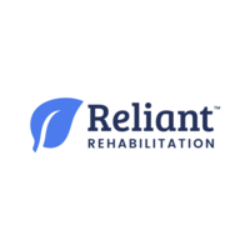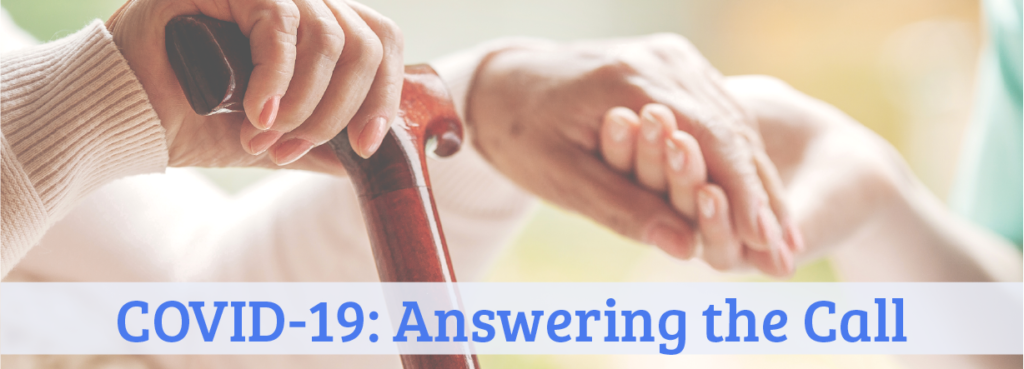Learn more about how stress wreaks havoc with your body during Stress Awareness Month. Never underestimate the damage stress can cause. Check out our fun infographic for some great tips for reducing stress.
Notice these signs of stress:
- Headaches
- Heartburn
- Muscle tension
- Rapid breathing
- Pounding heart
- High blood sugar
- Depression
- Insomnia
- Stomach ache
- High blood pressure
- Weakened immune system
Here’s how key body systems react:
Nervous System. When stressed, the body shifts its energy resources to fighting off the perceived threat. In what is known as the “fight or flight” response, the sympathetic nervous system signals the adrenal glands to release adrenaline and cortisol. These hormones make the heart beat faster, raise blood pressure, change the digestive process and boost glucose levels in the bloodstream.
Musculoskelatal System. Under stress, muscles tense up. Over time this can trigger headaches, including migraines and severe cramps.
Respiratory System. Stress can cause rapid and more labored breathing—or hyperventilation—which can bring on panic attacks.
Cardiovascular System. Acute stress causes an increase in heart rate and stronger contractions of the heart muscle. Blood vessels that direct the blood to the large muscles (including the heart) dilate, increasing the amount of blood pumped to these parts of the body. Over time, this can cause inflammation of the coronary arteries thought to lead to heart attack.
Endocrine System. With stress, the brain sends signals to produce “stress hormones.” When this happens, the liver produces more glucose, a blood sugar that would be available to give you more energy for “fight or flight,” but that otherwise can cause a diabetic reaction.
Gastrointestinal System. Stress may prompt you to eat more (or less) than normal. If you eat more or different foods you may experience heartburn or acid reflux. In addition, your stomach may have “butterflies” which can turn into nausea or pain, and your bowels might not absorb food properly resulting in constipation or diarrhea.




